WHY IS KWANZAA CELEBRATED?
The 7 principles of Kwanzaa define the seven-day holiday which is celebrated annually across North America, the Caribbean and other parts of African diasporas. Kwanzaa was created in 1966 by university professor and activist, Dr Maulana Karenga. It honours African-American cultures and histories by blending continental and diasporan African cultural values. The holiday is inspired by African harvest festivals and takes its name from the Swahili phrase “matunda ya kwanza” which means first fruit. “My family has celebrated Kwanzaa for years. My first memory was in grade school. We wore kente cloth and recited the seven principles of the holiday” says interior designer Joy Williams of Joyful Designs Studio.
Read on to learn more about the 7 principles of Kwanzaa.

Credit: Interior Designer Joy Williams
ORIGINS OF THE 7 PRINCIPLES OF KWANZAA
After the 1965 Watts riots in Los Angeles, Dr. Karenga founded the Us Foundation to foster unity among African Americans by celebrating Black history. He believed that it was important for African-Americans to have a holiday that honored their connections to Africa. Dr. Karenga drew inspiration from various harvest celebrations across Africa such as Inxwala from the Matabele people of Southern Africa and Pert-en-Mm from the Ancient Egyptians.
These festivals were underpinned by 5 core values, namely: 1) ingathering of people; 2) reverence for the creator and creation 3) commemoration of the past; 4) recommitment to cultural ideals and 5) celebration of the good. This set of values would influence the “Nguzo Saba'' or the 7 principles of Kwanzaa.
CANDLES AND PAN-AFRICAN COLORS
In his 1988 book, The African American Holiday of Kwanzaa: A Celebration of Family, Community and Culture, Dr. Karenga describes the Nguzo Saba as the “core and consciousness of Kwanzaa.” During every evening of the holiday, a candle is lit and placed on a Kinara, a candle holder representing the 7 principles of Kwanzaa. The candles mirror the colors of the Pan-African flag where black represents the people, red symbolizes the blood of the ancestors and green stands for earth/nature. This candle lighting ceremony is accompanied by reflections about each tenet of Nguzo Saba. “We light the candles each day, have prayer and speak to that day's celebration with a focus on gratefulness.” shares Joy.
On the first night of Kwanzaa, a black candle symbolizing Umoja (unity) is lit on a Kinara. The following nights focus on the principles of Kujichagulia (self-determination), Ujima (collective work and responsibility) and Ujamaa (cooperative economics), respectively. Red candles symbolize these principles and are lit to the left of the black candle. Green candles representing Nia (purpose), Kuumba (creativity), and Imani (faith) are placed to the right of the black candle. The candles are lit in this manner to illustrate that people come first, then struggle and finally, hope.
TRADITIONS AND CELEBRATIONS: NGUZO SABA
Umoja advocates for unity among family, community and all Black people across the globe. The second principle of Nguzo Saba is Kujichagulia. It urges people to define and tell their own narratives to the world. Ujima is the theme of the third night and represents the need to cooperate and solve problems together. Next is Ujmaa which encourages Black communities to share wealth by investing in and running Black-owned businesses. This idea can be traced back to the 1960s when then Tanzanian president Julius Nyerere implemented social and economic policies also known as Ujamaa.
These policies were rooted in the self-sustenance and wealth sharing values that inform the fourth aspect of Nguzo Saba. Nia is concerned with purpose and implores communities to work together to restore their greatness as people of African descent. Kuumba marks day six and is all about utilising one’s creativity to nurture and leave communities in more beautiful ways than they found them. Lastly, Imani means faith and is defined on the official Kwanzaa website as a “profound and enduring belief in and commitment to all that is of value to us as a family, community, people and culture.”
CONCLUSION
Kwanzaa is celebrated from December 26th - January 1st across North America, the Caribbean and diasporas. The traditions of the holiday are rich and revolve around culture, family and community. Do you celebrate Kwanzaa? What are a few traditions that you partake in? Write to us at info@54kibo.com to share.



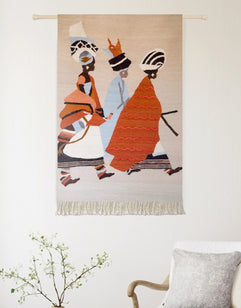



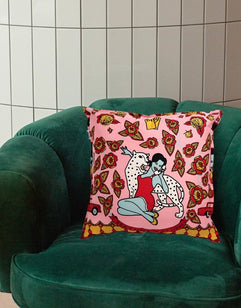
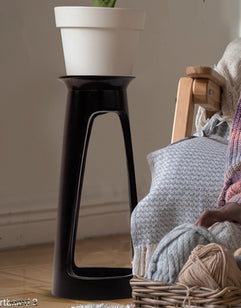
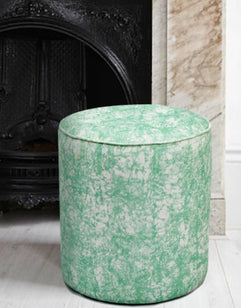







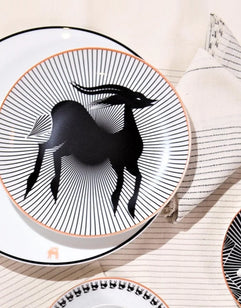







Leave a comment